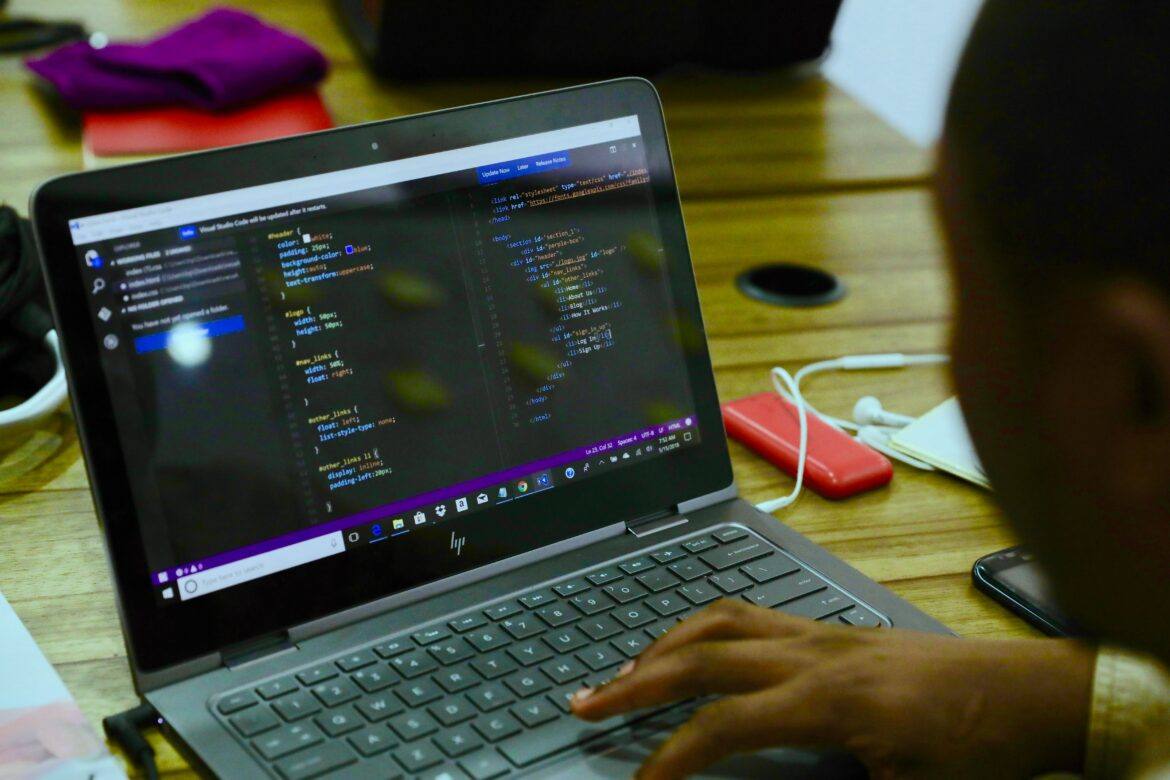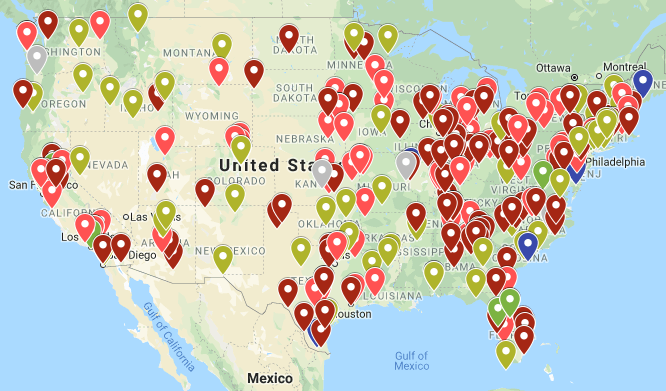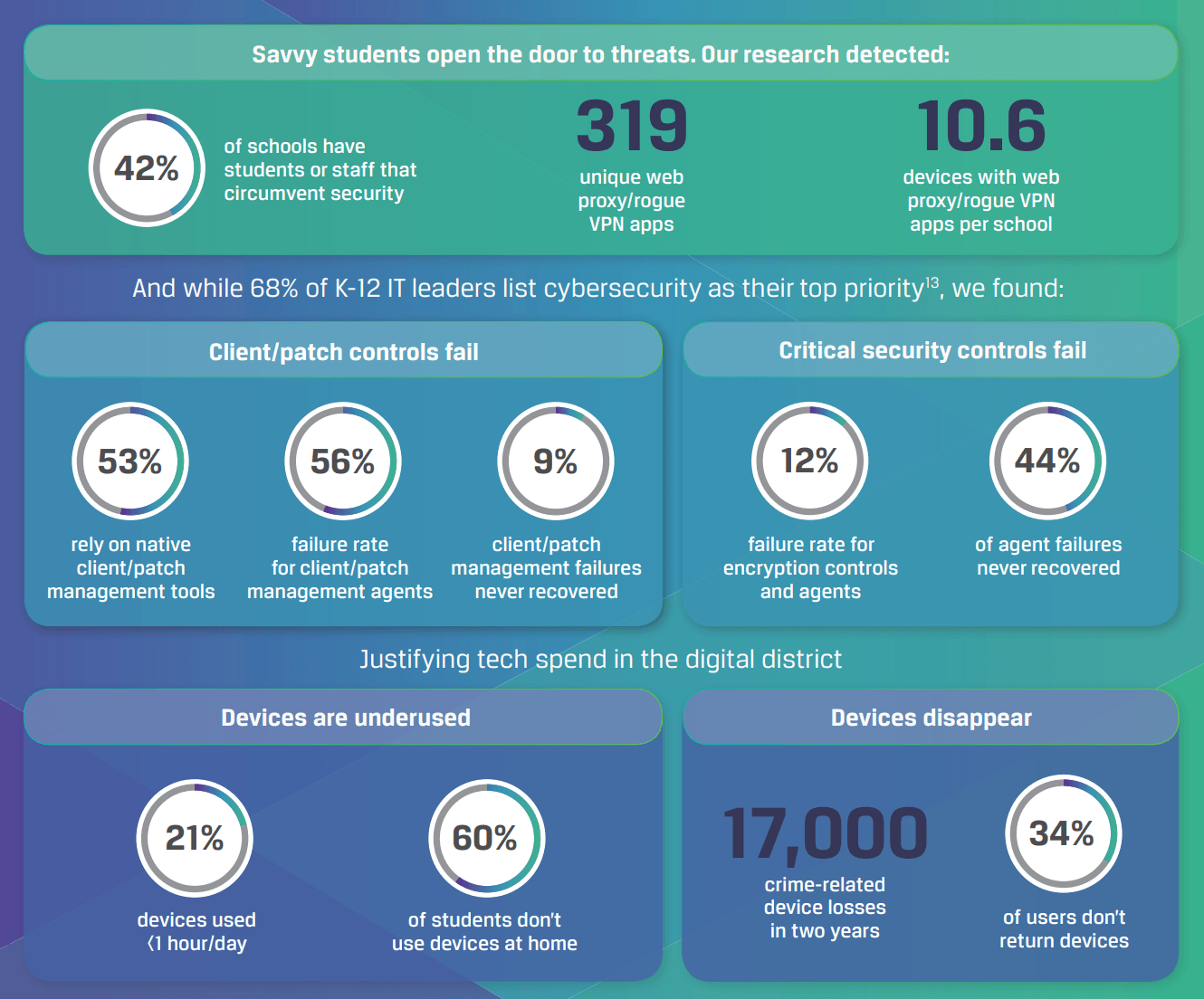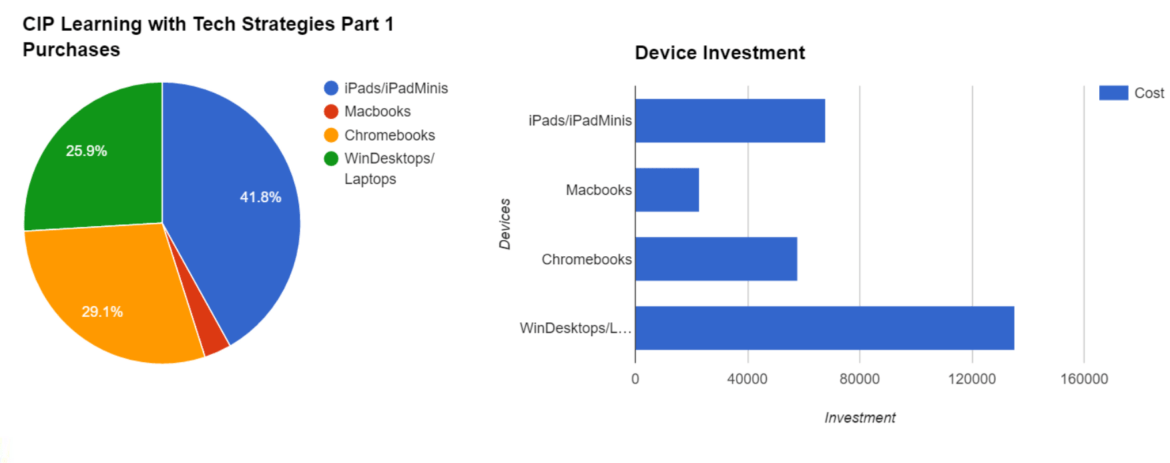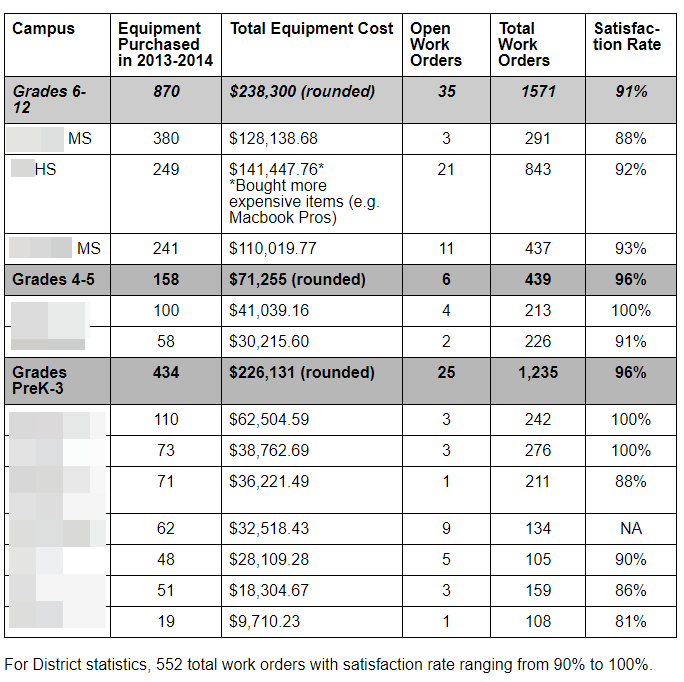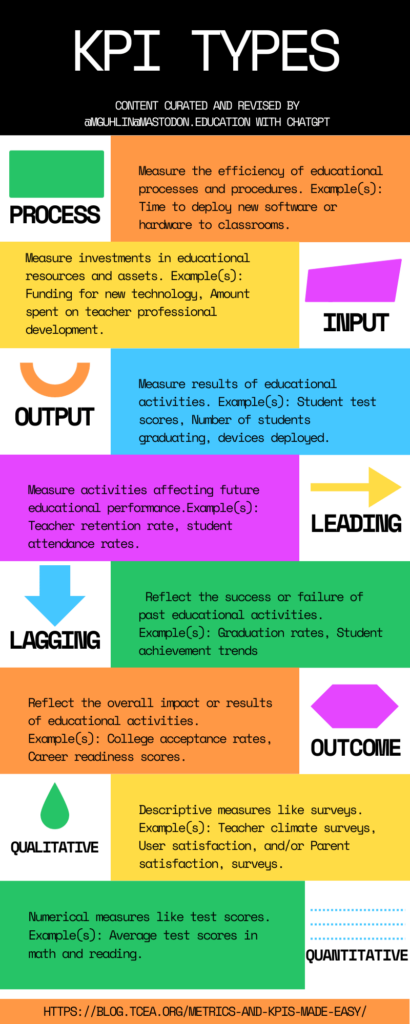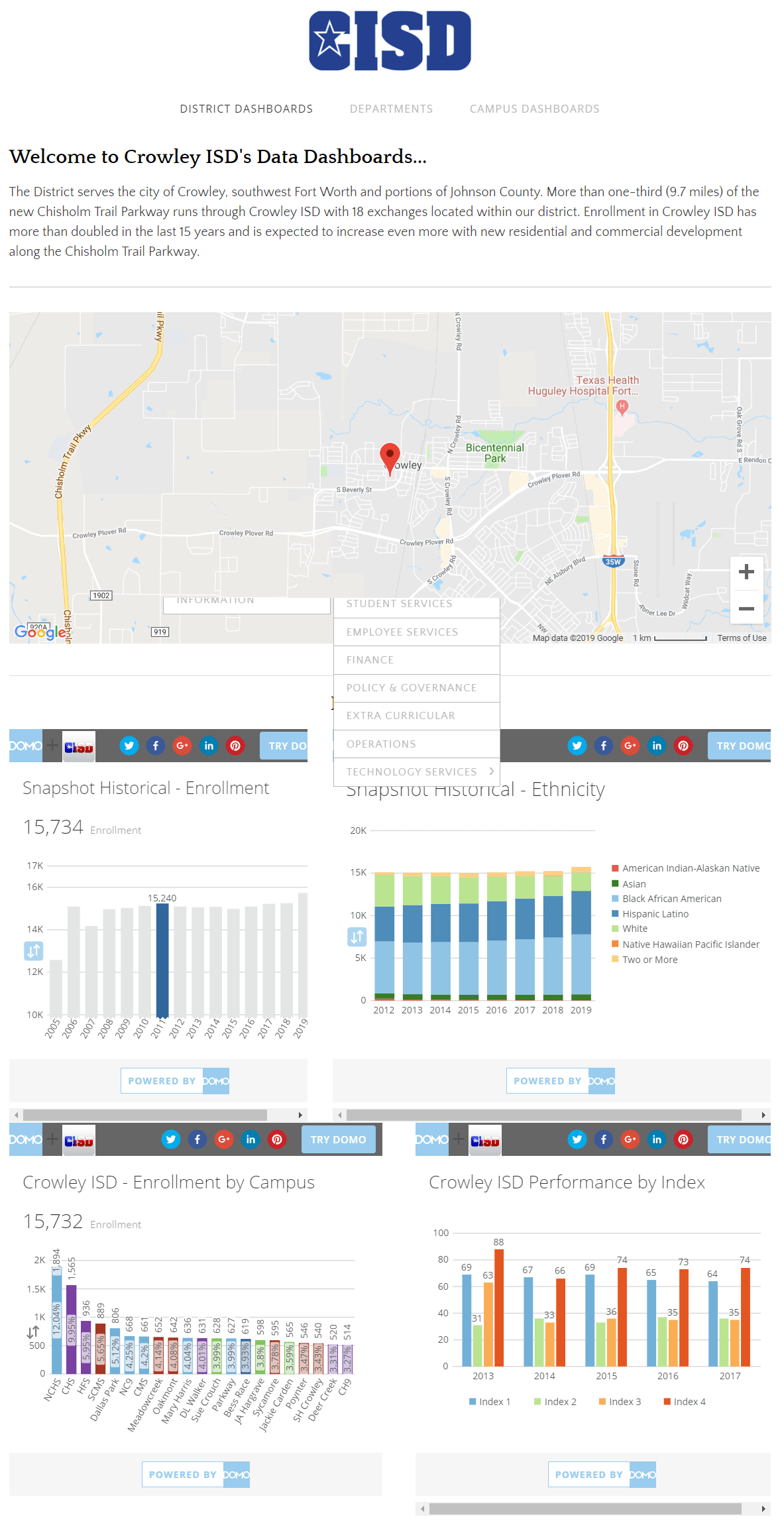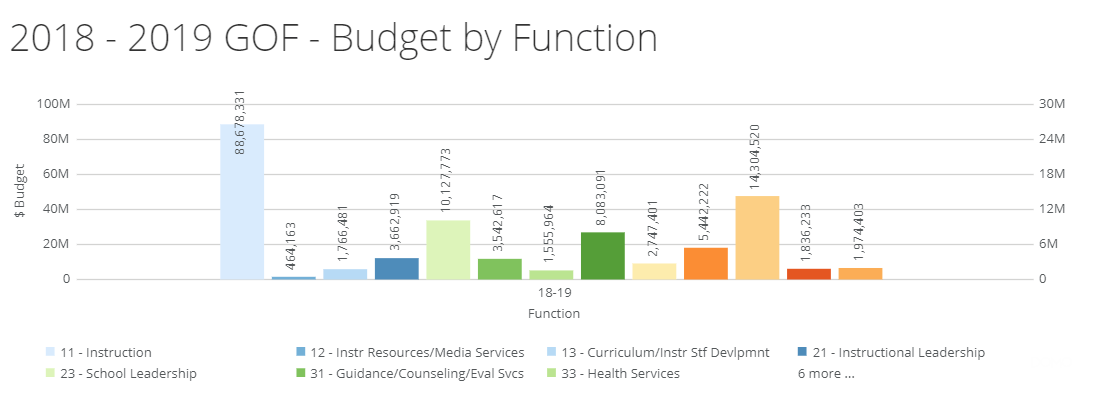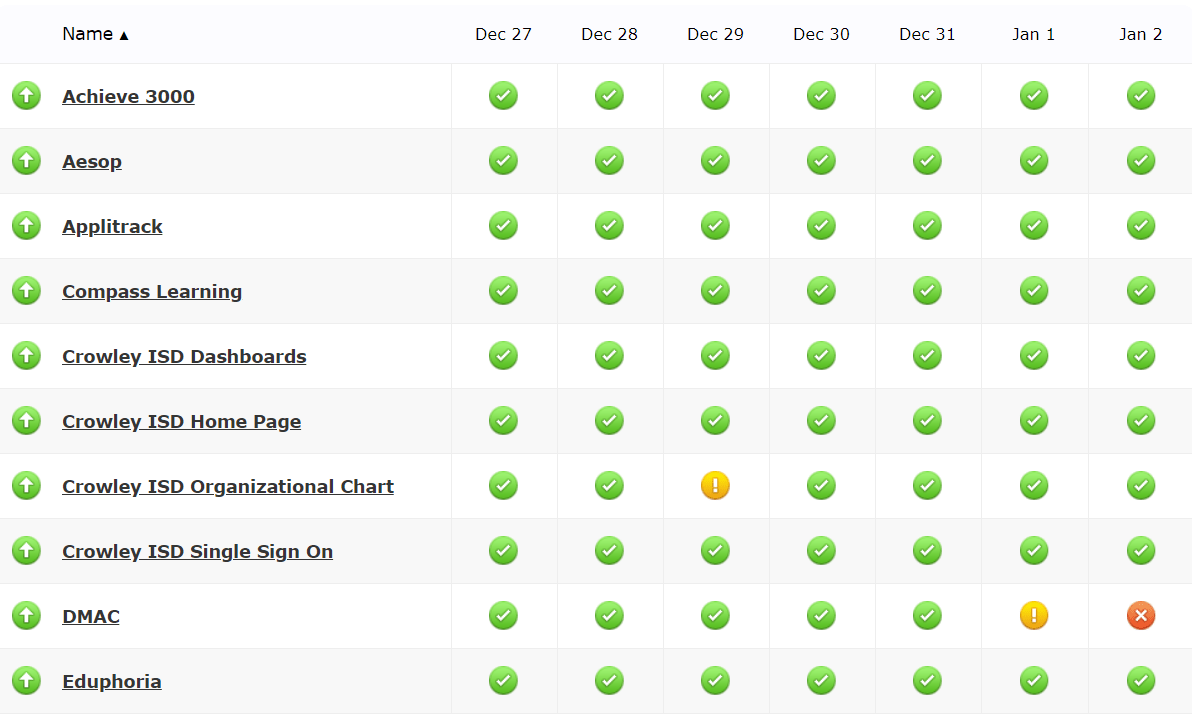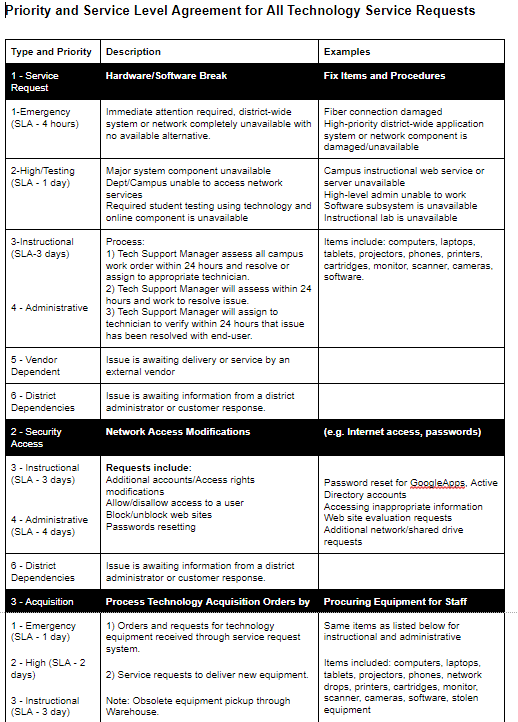Today, more than ever, it’s clear that system administrators and other IT professionals who make our networks hum are vital to education.
To help build their capacity and broaden those critical skill sets, TCEA hosts the annual System Administrator and Technical Support Conference. Here are some reasons to consider registering for this year’s all-virtual event, October 20–21.
Education Is Changing
Schools, districts, and teachers need effective ways to deliver high-quality education, whether in person or online. IT professionals work to make that learning possible. We know that this year, there’s even more on your plate: more 1:1 initiatives, more hot spots, more online learning resources being used, more bandwidth needs.
The 2020 System Administrator and Technical Support Conference is specifically designed for you: the professionals who provide hardware, software, network, and infrastructure support for PreK-16 educators — and who are seeking timely solutions to keep up with the changes in learning.
A Flexible Event for an Ever-Changing Field
Of course, when it comes to technology, things are always changing.
That’s why we’ve adapted to an all-online conference meant to keep you connected, even when you’re busy. Our powerful, easy-to-use online platform will deliver sessions in real time, allowing you to interact with your peers. You can also watch sessions for up to 30 days after the event, helping you take advantage of the latest trends and ideas in network support, remote learning, and more at your own pace and on demand.
With this year’s virtual conference, you can:
- Connect synchronously or asynchronously
- Get to know industry leaders
- Engage in live sessions with chat, discussion boards, downloadable resources, and more
- Spend time with your peers in virtual coffee breaks, social events, and competitive virtual games
Sessions Packed with Solutions
Beyond updates, tips, and tricks, some of the sharpest minds in the field will be sharing crucial ways to help educators create learning in even the toughest and most unprecedented of times. We’re sharing thoughtful ideas to amp up your work. Check out sessions like:
- The Future of Modern Physical Security for Schools
- Remote Learning: Is Your Admin Console Secure?
- Cybersecurity, Safety, and Compliance in G Suite and Microsoft 365
- WIFI Beyond the Parking Lot
Explore all our topics here, and the full listing of live and on-demand sessions here.
Ready to be a part of this cutting edge conference? Register today. We’re looking forward to seeing you online!






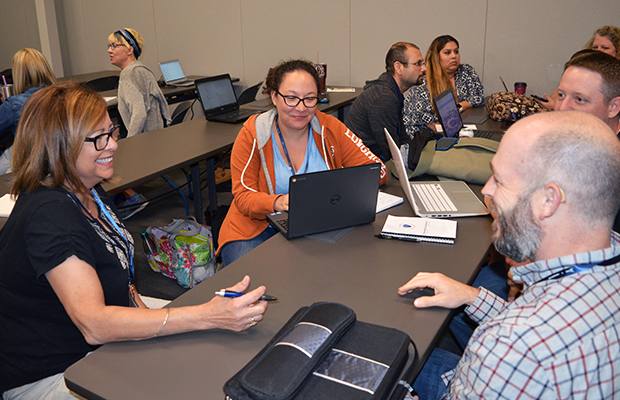

 something because of their interests. This helps me see how students are using technology when they are looking for specific information or want to learn a skill. Only 9% of both middle and high school students post a question on a discussion board or a forum. Do we need to be more intentional in using this type of application? Do they just not know how, or have they found better ways to seek answers to their questions?
something because of their interests. This helps me see how students are using technology when they are looking for specific information or want to learn a skill. Only 9% of both middle and high school students post a question on a discussion board or a forum. Do we need to be more intentional in using this type of application? Do they just not know how, or have they found better ways to seek answers to their questions?  I also discovered that 43% of my teachers are facilitating student collaboration projects using online tools. This is such a great skill. How can I leverage these teachers to help other teachers do this as well? Also, I’m pleasantly surprised that 44% of my teachers are using an online curriculum. However, I want to know more. What is the frequency? Are they occasionally doing this or is this something they use every day? I also want to know what they are using. Are they using the district’s Learning Management System, or is it an online textbook?
I also discovered that 43% of my teachers are facilitating student collaboration projects using online tools. This is such a great skill. How can I leverage these teachers to help other teachers do this as well? Also, I’m pleasantly surprised that 44% of my teachers are using an online curriculum. However, I want to know more. What is the frequency? Are they occasionally doing this or is this something they use every day? I also want to know what they are using. Are they using the district’s Learning Management System, or is it an online textbook?  integrate digital content, tools, and resources into their daily instruction. 51% said they wished they had a classroom set of digital devices. 49% said they needed to know that their students had adequate broadband access outside of school and 46% indicated they were concerned that they didn’t have consistent, reliable internet access within school. Maybe I need to have my staff do some focus groups related to internet access and speed. Looking at my network resources, they should have adequate bandwidth, but maybe something is happening on campus that I am not aware of. While my team is on campus, I probably should also have them ask teachers about the availability of technical support since 47% of the teachers indicated it was lacking. And lastly, my teachers still need time to plan with their colleagues (60%) and additional professional development (50%). I need more staff to be able to meet this need!
integrate digital content, tools, and resources into their daily instruction. 51% said they wished they had a classroom set of digital devices. 49% said they needed to know that their students had adequate broadband access outside of school and 46% indicated they were concerned that they didn’t have consistent, reliable internet access within school. Maybe I need to have my staff do some focus groups related to internet access and speed. Looking at my network resources, they should have adequate bandwidth, but maybe something is happening on campus that I am not aware of. While my team is on campus, I probably should also have them ask teachers about the availability of technical support since 47% of the teachers indicated it was lacking. And lastly, my teachers still need time to plan with their colleagues (60%) and additional professional development (50%). I need more staff to be able to meet this need! 